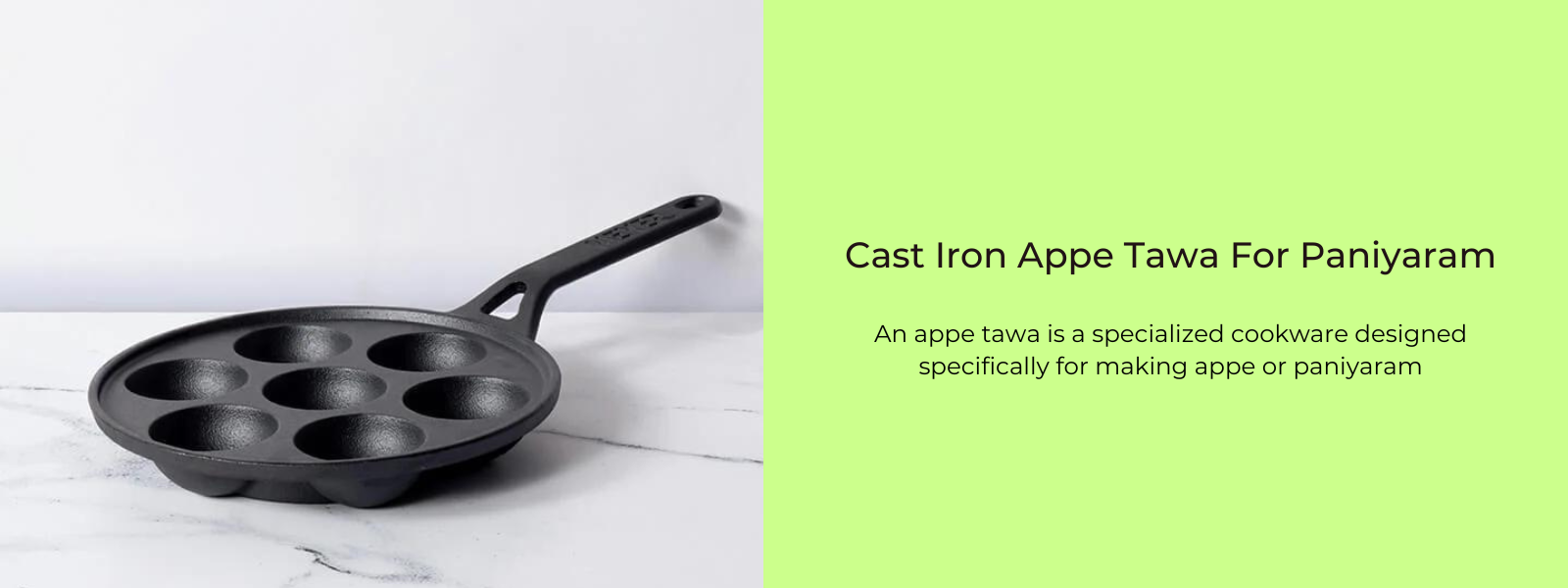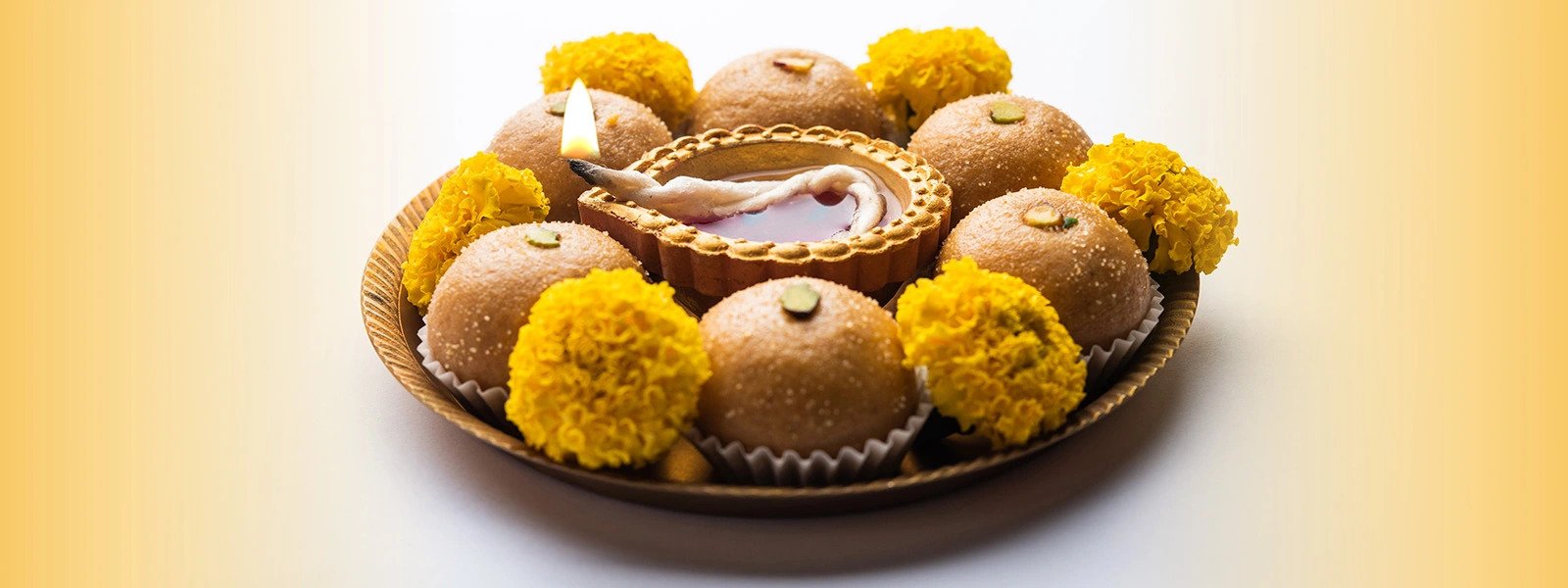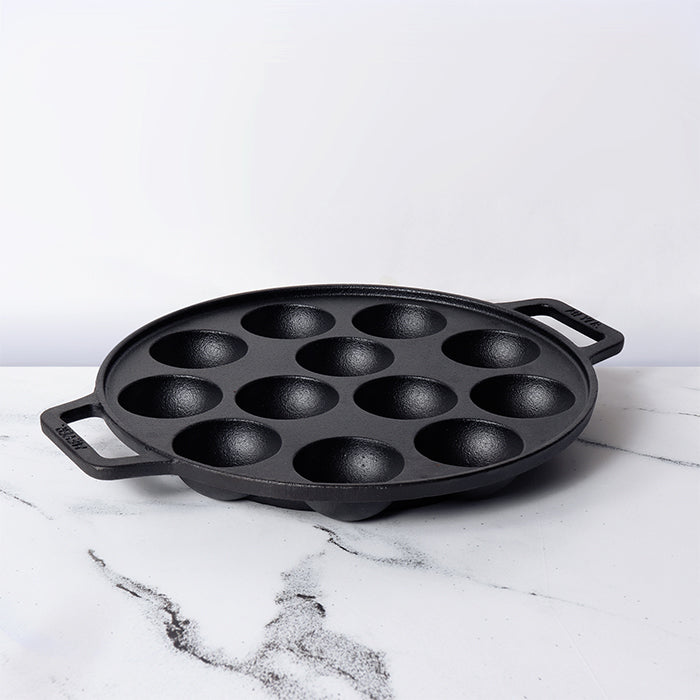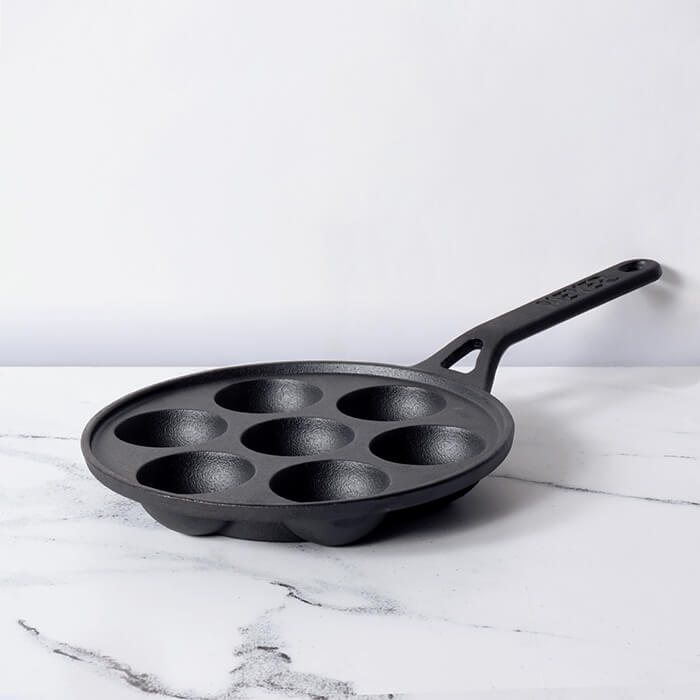The best appam makers, particularly cast iron ones, have the potential to become family heirlooms. Their longevity means you can pass them down to future generations, preserving traditions and memories associated with South Indian cooking.
Table of Contents
Why Should You Buy The Best Appam Maker Only?
Investing in the best appam maker is a wise choice for several reasons:
- Quality Results: The best appam maker is designed to provide consistent and high-quality results. It allows you to achieve the characteristic texture and taste of appams—crispy edges and a soft center—making your culinary efforts more satisfying and enjoyable.
- Durability: The appam makers are often made from durable materials like cast iron or stainless steel. They are built to withstand frequent use and can last for generations with proper care. This durability saves you money in the long run as you won't need to replace your pan frequently.
- Safety: Reputable appam makers, such as the one designed by Meyer, are manufactured with safety in mind. They are made from materials that are safe for cooking, and they are less likely to release harmful chemicals or toxins when used correctly. This ensures the safety of your meals.
- Authenticity: For those who appreciate the authentic taste of South Indian cuisine, the best appam maker, often made of cast iron, imparts a unique and traditional flavor that other materials cannot replicate. It allows you to connect with the cultural and culinary heritage of South India.
- Cooking Convenience: High-quality appam makers, whether cast iron or non-stick, are designed for ease of use. They distribute heat evenly and efficiently, preventing uneven cooking or burning. This makes the cooking process more convenient and enjoyable.
- Non-Stick Properties (if applicable): If you choose a non-stick appam maker from a reputable brand, it can provide a hassle-free cooking experience with minimal oil or ghee required. The non-stick surface allows for easy release of appams without sticking to the pan.
The Best Appam Maker Are Non-Toxic:
The safety and toxin-free nature of an appam maker depend on the material it is made from and the quality of the manufacturing process. Here are some considerations:
- Cast Iron appam makers: Cast iron appam makers are generally considered safe and toxin-free when they are properly seasoned and maintained. Seasoning creates a natural non-stick surface, eliminating the need for potentially harmful non-stick coatings. However, if the cast iron is not adequately seasoned, it may rust, and rust can be harmful if ingested.
- Non-Stick Coated: Non-stick appam makers may have coatings made of materials like Teflon or ceramic. These coatings are designed to be non-toxic when used at recommended cooking temperatures. However, if the non-stick coating becomes scratched or damaged, it can release potentially harmful chemicals. Therefore, it's crucial to handle non-stick pans with care and avoid using metal utensils that can scratch the coating.
- Stainless Steel: Stainless steel appam makers are generally considered safe and toxin-free. Stainless steel is a non-reactive material that doesn't leach harmful substances into food. It is a popular choice for those who prioritize safety and durability.
Design Of The Best Appam Maker:
- Shallow, Bowl-Shaped Depressions: The best appam maker pans are characterized by their shallow, bowl-shaped depressions or cavities on the cooking surface. These depressions allow for the distinctive shape and texture of appams—crispy, lacy edges surrounding a soft, spongy center.
- Rimmed Edge: Appam pans usually have a slightly raised, rimmed edge around the circumference. This rim helps contain the appam batter, preventing it from spilling over while cooking.
- Handles: Many appam pans come with handles on either side to facilitate easy handling and flipping of the pan. These handles are typically made of materials that stay cool to the touch during cooking.
- Lid (Optional): Some appam maker pans come with a specialized lid that fits snugly over the depressions. This lid is designed for steaming appams or other South Indian dishes like idlis.
Size Of The Best Appam Maker:
- Diameter: The size of the best appam maker pans can vary in terms of their diameter. Common sizes range from around 8 inches (20 centimeters) to 12 inches (30 centimeters) or more. The choice of size depends on personal preferences and the quantity of appams you wish to prepare.
- Number of Depressions: Appam pans can have different numbers of depressions or cavities, typically ranging from 7 to 12 or more. The number of depressions can affect how many appams you can cook simultaneously.
- Thickness: The thickness of the pan may vary depending on the material used. Traditional cast iron appam pans tend to be thicker, while non-stick varieties may have a thinner construction.
- Weight: Cast iron appam pans can be quite heavy due to the nature of the material, while non-stick or stainless steel pans are typically lighter in weight.
Use and Care of Appam Maker:
To ensure the safety of your appam maker:
- Season cast iron appam pans properly to create a protective, non-stick layer.
- Avoid overheating non-stick pans, as this can lead to the release of fumes.
- Handle non-stick pans gently to prevent scratches.
- Regularly inspect non-stick pans for signs of wear and tear and replace them if the coating is damaged.
- Choose high-quality cookware from reputable brands that adhere to safety standards.
In general, with proper use and maintenance, appam makers made from cast iron, stainless steel, or high-quality non-stick coatings can be safe and toxin-free options for your kitchen. Always follow the manufacturer's instructions for seasoning, care, and usage to ensure the longevity and safety of your appam maker.











Leave a comment